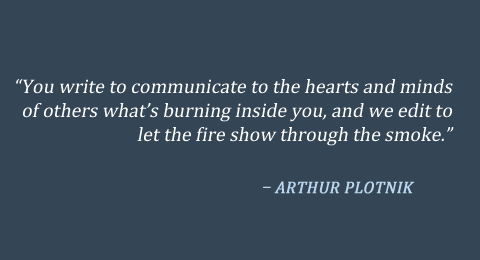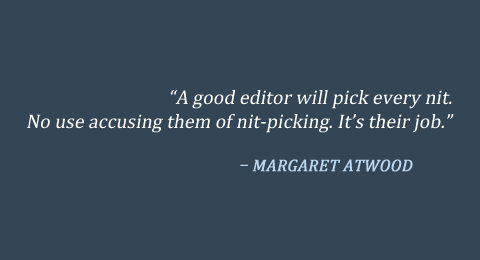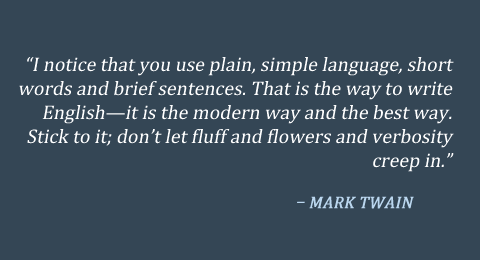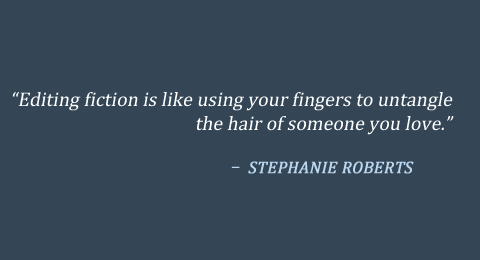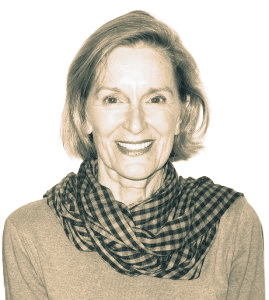
Alexia Lawson – full member of PEG

BA English & History of Art, UNISA (1980)


- Editing & Proofreading for Academic Purposes (2022)
- Accredited Text Editor Certificate -- apex membership status of PEG (2022)
- Copy-editing: University of Cape Town (2018)
- English Grammar & Style: University of Queensland (2017)
- Workshop on fiction editing and HTML language: Professional Editors' Guild (2016)
- Workshop on editing speculative fiction: Professional Editors' Guild (2015)
- Workshop on fiction editing: Professional Editors’ Group (2014)
- Workshop on fiction editing: Professional Editors’ Group (2013)
- Master editing - adding top value: Elizabeth Manning Murphy (2012)
- Workshop on fiction editing: Professional Editors’ Group (2012)
- Advanced copy editing and proofreading: John Linnegar (2012)
- Workshop on fiction editing: Professional Editors’ Group (2011)
- Course in copy editing and proofreading: John Linnegar (2010)


A passion for reading and literature has been a constant in Lexi’s richly varied life and, in 2010, she decided to enter the world of copy editing. John Linnegar trained her, Mary Ralphs mentored her, and she participated in many short follow-up courses, workshops and webinars with the aim of perfecting her skills.
In 2022, she attained the apex membership status of Accredited Text Editor by successfully taking the Professional Editors' Guild accreditation test.
She has edited memoirs, novels, articles, wine guides, essays and more.
Her portfolio is available on request.


Substantive editing involves scrutinising a poorly constructed, badly written manuscript, and either making improvements or suggesting possible changes to the author. The copy editor clarifies meaning, paying attention to appropriate language, to good grammar and to correct spelling and punctuation.
While always sensitive to the author's voice, Lexi searches for problems with these issues and for inconsistencies and repetitions, for structural difficulties and for character or plot irregularities. She may suggest ways to refine and tighten the prose and to develop the plot.
She checks facts and will alert the author to any problem, but is not responsible for correcting them. If she detects plagiarism, she will contact the author and urge them to obtain permission from the copyright holder, or to delete the offending text.
Editing on her computer in MS Word, she uses its tracking tool to record changes. This makes it easy for the author to review those changes and to accept or reject them.
There are degrees of editing from light line to deep content, or substantive, editing; the former is generally tackled once the latter is complete. The depth of edit envisaged should be discussed before work commences. She is usually able to assess the level needed by working on a few sample pages.
She also proofreads. This is a separate and vital activity, occurring after copy editing when the text is set up in type but not yet made into pages. It is a labour-intensive detailed search for errors in the typeset. Any mistakes picked up would be referred to the copy editor.



Cell: 082 495 9391
Email: lawson.lexi@gmail.com

